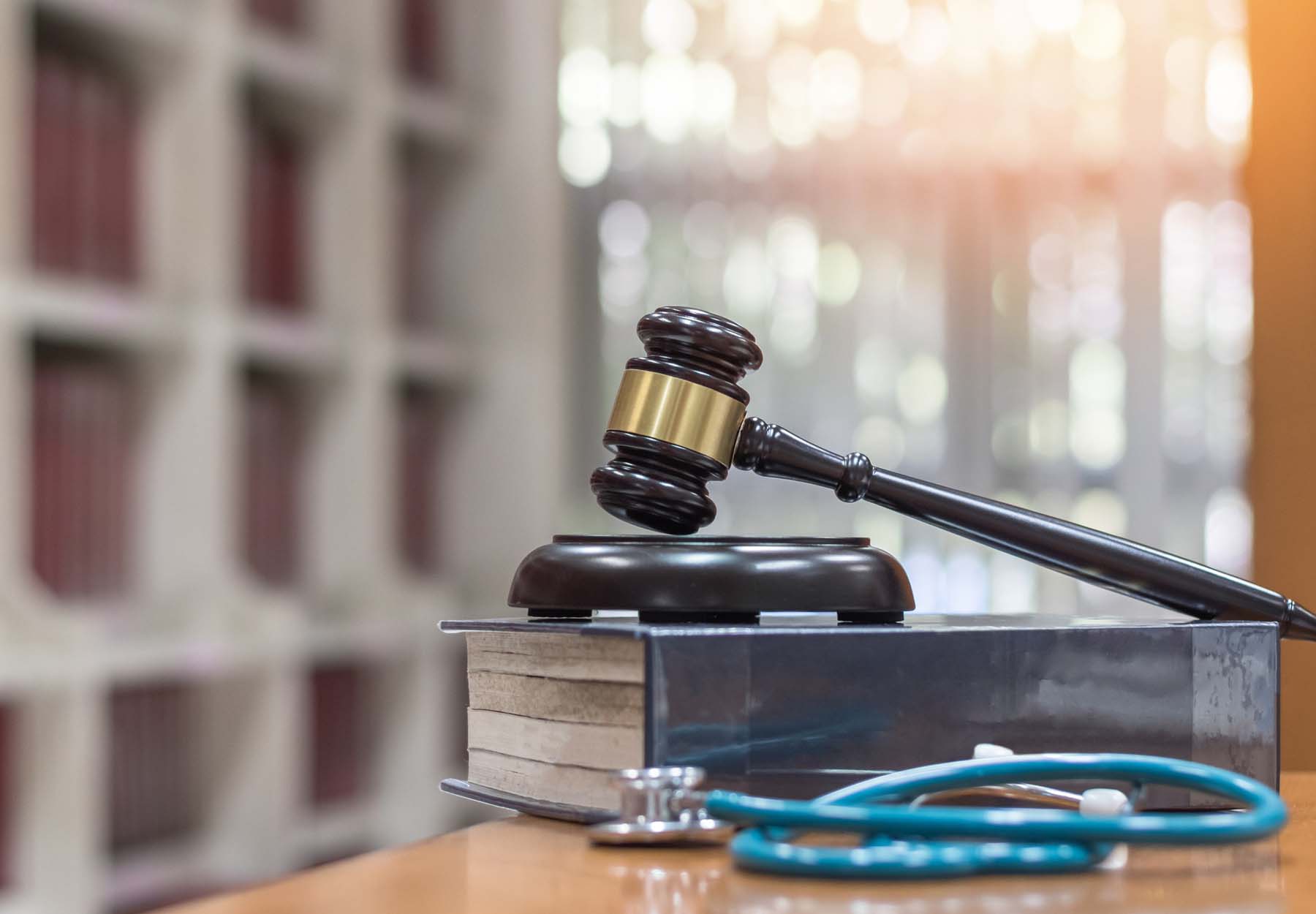Labs In Court: A roundup of recent cases and enforcement actions involving the diagnostics industry
Whistleblower Gets Only Nominal Share in Case Based on Public Information Case: Upon learning that her newly implanted pacemaker had been recalled by the FDA, a privately insured patient filed a whistleblower lawsuit against the hospital. The government intervened and the case settled. The question: To how much, if any, of that money was the patient entitled? The patient claimed she should get a 20 percent share, but the federal court disagreed and awarded her only a nominal share of 0.5 percent. Significance: Whistleblowers who bring successful FCA qui tam suits are normally entitled to receive 15 to 25 percent of what the government recovers. However, the so-called “public-disclosure bar” limits the maximum share to 10 percent when the case is based on publicly disclosed information. And the government’s case against the hospital was based almost entirely on public information. While the patient did provide some new information, it wasn’t decisive or crucial to the case [United States ex rel. Burke v. St. Jude Med., Inc., 2021 U.S. Dist. LEXIS 247381, 2021 WL 6135202]. Doctor Pays $228,000 to Settle Urine Drug Test False Billing Charges Case: The DOJ charged a Washington general practice doctor and sole owner of a family […]

Whistleblower Gets Only Nominal Share in Case Based on Public Information
Case: Upon learning that her newly implanted pacemaker had been recalled by the FDA, a privately insured patient filed a whistleblower lawsuit against the hospital. The government intervened and the case settled. The question: To how much, if any, of that money was the patient entitled? The patient claimed she should get a 20 percent share, but the federal court disagreed and awarded her only a nominal share of 0.5 percent. Significance: Whistleblowers who bring successful FCA qui tam suits are normally entitled to receive 15 to 25 percent of what the government recovers. However, the so-called “public-disclosure bar” limits the maximum share to 10 percent when the case is based on publicly disclosed information. And the government’s case against the hospital was based almost entirely on public information. While the patient did provide some new information, it wasn’t decisive or crucial to the case [United States ex rel. Burke v. St. Jude Med., Inc., 2021 U.S. Dist. LEXIS 247381, 2021 WL 6135202].Doctor Pays $228,000 to Settle Urine Drug Test False Billing Charges
Case: The DOJ charged a Washington general practice doctor and sole owner of a family medicine clinic of billing Medicare and Medicaid for urine drug tests that he either performed too late to be useful or never performed at all. Rather than risk a trial, the doctor has agreed to pay $228,000 to settle the charges. Significance: Urine drug testing continues to be a priority for enforcement. The clinic in this case had a certified lab capable of performing urine drug tests to screen patients to determine their need for prescription medications and treatment for substance use disorder. During the seven months in which the doctor submitted false claims, the medical equipment for urine drug tests was broken and the samples were frozen for testing at a later date, according to the DOJ.Out-of-Network Lab Loses First Round of Reimbursement Lawsuit against Unitedhealth Group
Case: A lab that performed urine drug testing on out-of-network Medicare Advantage and Medicaid patients sued Unitedhealth Group for carrying out bad faith and statistically invalid claims audits and wrongfully withholding over $1 million in reimbursements for lab tests. United contended that the claims were legally invalid. Significance: The Illinois federal court agreed and tossed all of the claims:- The lab didn’t have standing to sue United for breach of contract because there was no contract between the parties;
- The complaint didn’t allege that patients had assigned their contractual rights to the lab; and
- The claims for bad faith were invalid because they weren’t properly pled under state law.
Ohio Hospital Accused of Falsely Billing Inpatient Lab Tests Agrees to $375,000 Settlement
Case: An Ohio hospital and the doctor who owns it have agreed to shell out $374,780 to settle charges of submitting false claims for prolactin and ammonia lab tests. Prolactin testing, which measures the level of prolactin in a person’s blood, is used to diagnose pituitary tumors or determine causes for conditions unrelated to psychosis or substance abuse. Ammonia testing is used to diagnose liver dysfunctions or hyperammonemia. Significance: While Medicare and Medicaid cover prolactin and ammonia lab testing, the hospital allegedly violated coverage rules in three different ways:- The tests were performed on inpatients and thus part of the bundled DRG inpatient admission reimbursement and couldn’t be billed separately;
- Test results weren’t used to manage the patients’ condition; and
- The tests were medically unnecessary.
OSHA Fines Hospital $17,555 for Not Protecting Staff from Workplace Violence
Case: A psychiatric patient physically attacked multiple workers while attempting to escape from the hospital. OSHA inspectors sent to the scene concluded that the hospital didn’t implement an adequate workplace violence prevention program even though it was aware of the ongoing threat of violence. Resulting fine: $13,653, plus another $3,902 for incomplete, inaccurate, and untimely injury and illness incident reports. Significance: Hospitals and other patient care facilities have long been deemed to be at high risk of workplace violence. Violence against health care workers has increased during the COVID-19 pandemic. What got the hospital into trouble was that the incident that triggered the OSHA inspection wasn’t an isolated incident. There was a history of patient assaults during one-on-one patient observations and escape attempts, resulting in broken bones, bites, and neck, back, and shoulder injuries, some of which required workers to miss work time.Subscribe to view Essential
Start a Free Trial for immediate access to this article